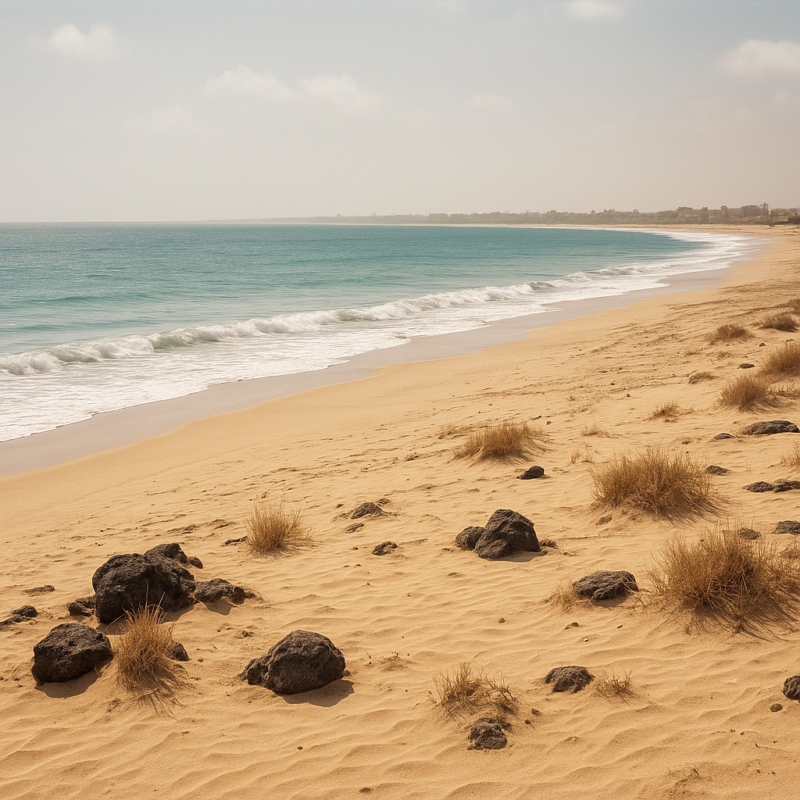MOGADISHU, Somalia – The European Union (EU) has reiterated its support for the African Union Support and Stabilization Mission in Somalia (AUSSOM), amid ongoing uncertainty about its funding despite debates on financing.
This statement, delivered at a press briefing on Wednesday, precedes the EU-African Union summit in Luanda that was to run from November 24–25, 2025, which may influence the mission’s future.
The comments responded to a query from Abdirahman Jeylani of Arlaadi Media Network, who plans to attend the summit. An EU official highlighted the mission’s human aspect, stating, “We are the longest supporter of AUSSOM, and we are working hand-in-hand with the African Union on the future financing for AUSSOM.”
Somalia has long struggled with insecurity, where civilians frequently suffer in conflicts. Peacekeeping operations, starting with AMISOM and continuing with ATMIS, aimed to bring stability, though gains remain tenuous.
The EU has served as a vital ally, offering funding, training, and logistics via the European Peace Facility. From 2022 to 2024, it committed €600 million to African-led efforts, including €340 million for Somalia’s military operations.
Further resources have covered troop stipends and bolstered the Somali National Army, whose forces confront armed groups daily.
However, the mission’s funding outlook remains uncertain. The African Union projects a need for about US$190 million in 2025 to facilitate the shift from ATMIS to AUSSOM.
Civil society monitors note that short-term needs already surpass US$90 million, underscoring funding shortfalls’ impact from unpaid troops to interrupted aid for at-risk groups.
Authorities are considering a hybrid funding approach combining UN contributions, donor commitments, and AU funds. Yet specialists warn that absent reliable long-term financing, the mission risks failing those it safeguards.
With leaders heading to Luanda soon, the EU’s renewed pledge emphasizes that Somalia’s security hinges on more than deals it requires ongoing concrete aid for frontline troops, peacekeepers, and residents.


